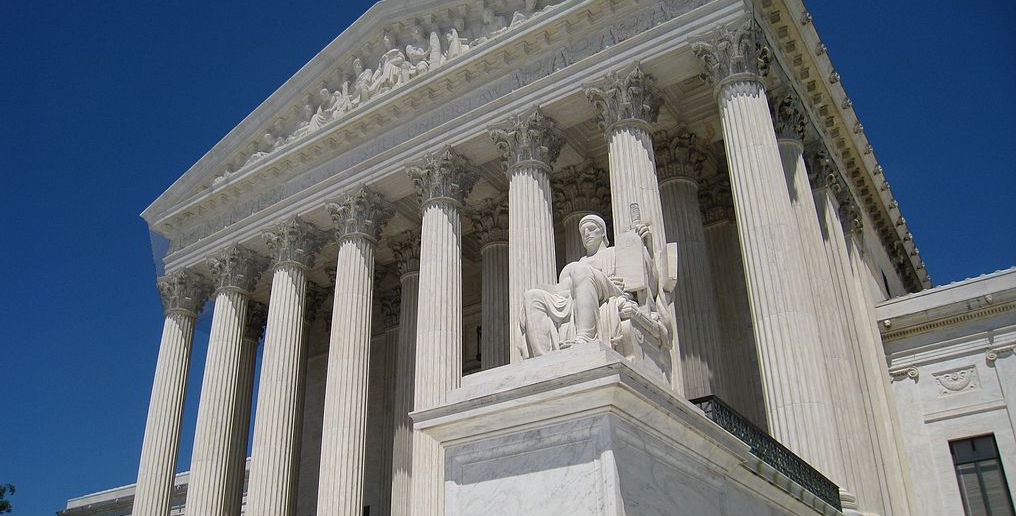We’re pleased to publish this guest feature by Matt Mellema and Ian Speir.
President Trump’s tapping of Judge Neil Gorsuch for the Supreme Court has won near-universal praise from the Religious Right. Gorsuch has been lauded as an articulate originalist, a committed textualist, and a judge “in the model of the late Antonin Scalia.” The evangelicals who supported Trump because of the Supreme Court may have sold their birthright for a bowl of stew. But at least it was a good stew.
Login to read more
Sign in or create a free account to access Subscriber-only content.
Topics:
